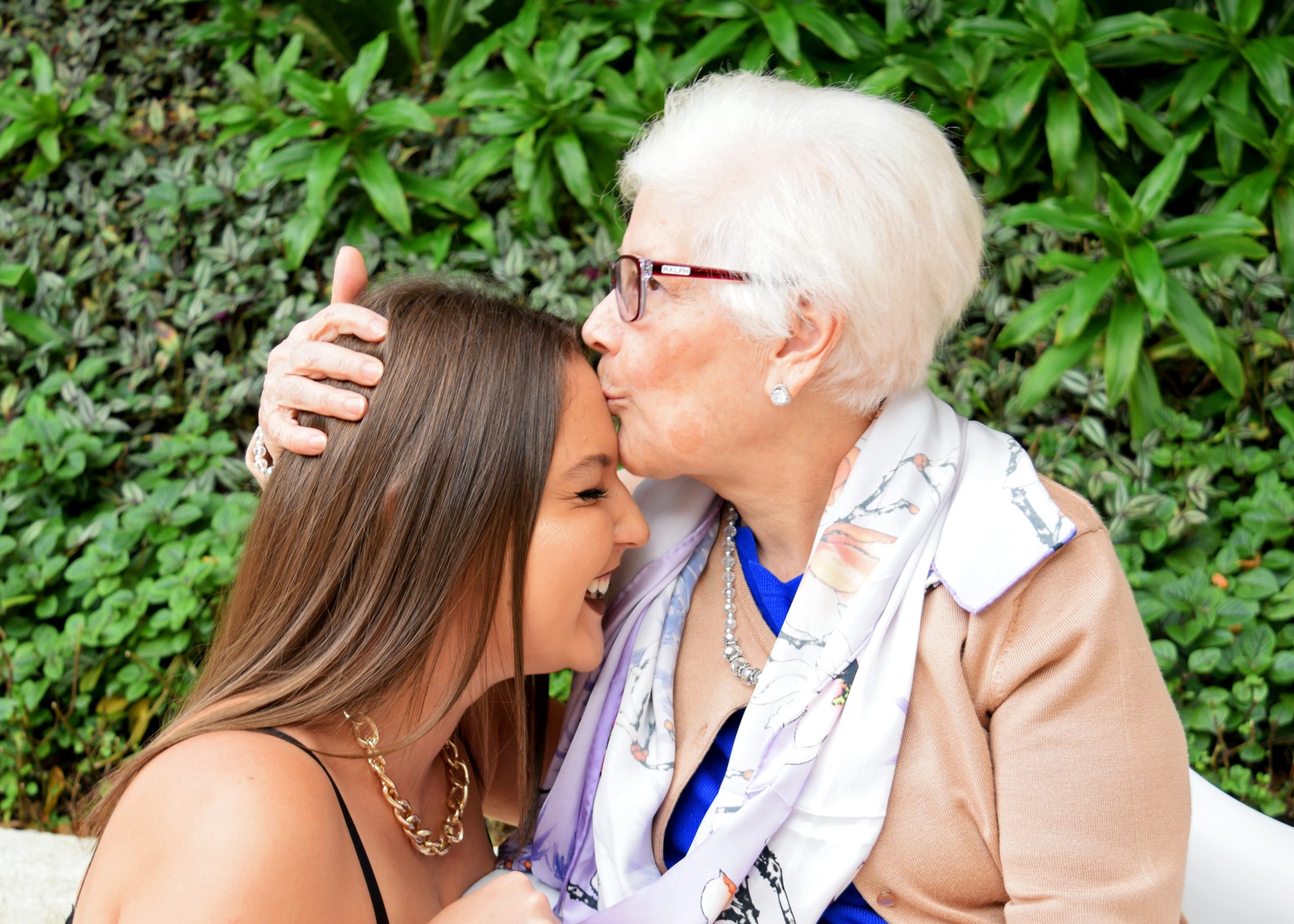September 30, 2021 | Uncategorized
How to Recognize Alzheimer’s and Plan Care for a Loved One

Recently the AlerStallings team took part in the Walk to End Alzheimer’s to raise critical funds to help fight the disease. While the walk takes place just once a year, there’s another way you can help fight Alzheimer’s year-round: by recognizing the warning signs.
Early recognition of symptoms can help you or your loved one get care sooner, which translates to more treatment options and a better chance of benefitting from them. And for anyone who has already been diagnosed, early recognition of the signs of disease progression is important for making timely care decisions that improve quality of life.
What should you look for? Here are the signs and symptoms to keep in mind at each stage:
3 Pre-Diagnosis Signs You Might Need to See a Doctor
Forgetfulness
We all forget names or appointments from time to time. Usually, even if we forget something in the moment, it comes to us later. However, in the early stages of Alzheimer’s, a person may have difficulty recalling recently learned information. Their reliance on friends, family, sticky notes or electronics to remind them of important things like dates or events will increase. They may start asking the same questions over and over again.
Confusion About Time and Place
In addition to losing track of dates, someone in the early stages of Alzheimer’s may have trouble remembering where they are or how they got there. They can struggle to identify the seasons or how much time has elapsed.
Difficulty Completing Simple Tasks
It’s expected that sometimes we’ll forget how to work the DVR or need help remembering how to use the microwave’s defrost setting. The difference is someone with early Alzheimer’s will have trouble remembering how to drive somewhere they frequently go, or how to play their favorite game.
3 Signs You May Need Extra Help at Home
The middle stage of Alzheimer’s can last many years and overlap with others, which can make it difficult to tell exactly where someone is at in their disease progression. That’s why it’s important to pay attention to individual signs and discuss the threshold at which extra help will be beneficial early on.
Daily Functions of Living Become Challenging
New recipes can sometimes be hard to follow, but someone with Alzheimer’s may have trouble following a recipe they’ve made many times before. Another example is the bills aren’t getting paid because the task has become cognitively challenging or is slipping the mind. Occasional forgetfulness is normal; the distinction is when tasks take longer or concentrating is difficult.
Making Bad Decisions or Demonstrating Poor Judgement
Putting off a benign home repair or procrastinating on routine car maintenance is one thing, but when someone begins making poor financial decisions that seem out of character, that’s cause for concern. If someone with Alzheimer’s falls prey to a scam or makes decisions—financial or otherwise—that put their well-being at risk, that may be a signal it’s time for extra help.
Decline in Physical Health or Changes in Mood
Finally, it’s important for a person with Alzheimer’s to be able to perform basic self-care. If personal hygiene begins to suffer, or there’s a decline in care for a pet in their home, extra help could be beneficial. That’s also the case in the event that a patient begins to trip or drop things more frequently, is having changes in sleep patterns, or is having trouble controlling their bladder or bowels. Similarly, changes to mental health, such as becoming fearful, anxious, suspicious or depressed, may necessitate additional care.
3 Signs it May be Time to Consider a Memory Care Facility
As Alzheimer’s progresses, a patient’s care needs become greater than what can be provided at home, even with additional help. A memory care facility can provide the around-the-clock care needed to preserve quality of life.
Unable to Communicate Effectively
People living with Alzheimer’s may begin to have difficulty expressing themselves. They may stop mid-thought during a conversation, struggle to find the right words, call common objects by the wrong names, or be unable to recall information about themselves (such as where they live or went to school).
People in the last stages of Alzheimer’s begin to lose the ability to carry on a conversation. Communication may be limited to a select number of words or phrases. They may not be aware of their surroundings or recent experiences. It’s important for families and caretakers to discuss with a loved one with Alzheimer’s their wishes for care in the later stages before communication becomes impaired so their desires can be carried out.
Changes in Physical Abilities
Eventually, people with late-stage Alzheimer’s may have difficulty eating or swallowing. They’ll need assistance with walking and sitting. In very late stages, they may lose the ability to walk altogether. A facility that provides around-the-clock care can meet these extensive needs, allowing family and friends to shift from being the primary caretakers to focusing on providing comforting interactions like reading aloud, gentle touch, and playing favorite songs.
Increased Risk of Infection & Additional Health Problems
Communicating pain can become difficult as the diseases progresses, which is why it’s important to look for nonverbal signs that indicate discomfort or illness, like wincing, behavioral or sleep changes, pale skin, vomiting, fever, swelling, or mouth sores.
As the disease progresses in the later stages, a person with Alzheimer’s can become more prone to infection, especially as they’re less able to move around. Around-the-clock care helps spot potential problems early on for prompt treatment.
Remember, when it comes to the fight against Alzheimer’s, knowledge is power. If you know someone who could benefit from this information, we encourage you to share this article. For more information on Alzheimer’s warning signs, research and support, visit www.alz.org.
At AlerStallings, we’re here for you for life. If you or someone you love needs at-home or long-term care, count on us to be by your side. We’ll provide confidential, compassionate support to help you understand and maximize available benefits and develop a plan to protect your or your loved one’s assets.


